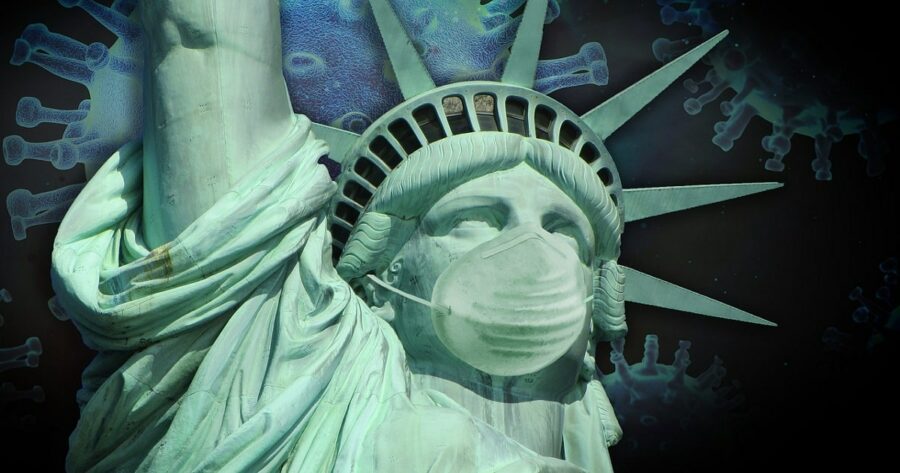Anti-Science US Congress, Poses A Serious Threat To Containing COVID In 2023
- TDS News
- COVID-19
- D.O.C Supplements - Trending News
- U.S.A
- January 2, 2023

The COVID-19 pandemic has had a devastating impact on the United States, with more than 1.1 million Americans losing their lives to the virus. Despite the rollout of vaccines, the virus continues to spread and claim lives, with daily case numbers remaining high in many parts of the country.
One of the major challenges in the fight against COVID-19 has been the spread of disinformation about the virus and the vaccines. Misinformation and conspiracy theories about the virus and vaccines have proliferated online and have been promoted by some politicians and public figures.
This disinformation has had serious consequences, as it has led some Americans to mistrust the vaccines and refuse to get vaccinated. This has hindered efforts to control the spread of the virus and has contributed to the ongoing suffering and loss of life.
The federal government and various organizations have worked to combat the spread of misinformation about COVID-19 and the vaccines. They have launched public awareness campaigns and worked to fact-check and debunk false information.
Despite these efforts, the problem persists, and it remains a major obstacle for the Biden administration and the fight against the spread of disinformation about the pandemic. It is essential that accurate information about the virus and the vaccines be disseminated widely and that the public be educated about the importance of vaccination in controlling the spread of the virus and saving lives.
On January 3rd, the new United States Congress will take power, with Republicans taking control of the House of Representatives and Democrats retaining control of the Senate. This shift in political power has significant implications for the direction of the country, particularly in regards to issues related to science and public health.
One major concern is the growing trend of anti-science and anti-vaccine sentiment mainly among Republican politicians and their supporters. This movement, which often relies on misinformation and conspiracy theories, poses a serious threat to public health and the well-being of communities around the world.
The dangers of being anti-science and anti-vaccine are numerous and well-documented. Vaccines have been proven to be safe and effective in preventing a wide range of diseases, including measles, polio, and influenza. By refusing to vaccinate themselves or their children, individuals put not only themselves at risk, but also those who are unable to receive vaccines due to medical reasons.
The spread of vaccine misinformation can also have devastating consequences on a global scale. For example, the recent outbreak of measles in the United States was fueled in part by the spread of anti-vaccine propaganda, resulting in over 700 cases.
It is imperative that politicians and policymakers support and promote evidence-based approaches to healthcare and public health. This includes embracing the overwhelming scientific consensus on the safety and effectiveness of vaccines.
In the coming year, it will be crucial for the new Congress to take a stand against anti-science and anti-vaccine rhetoric, and to prioritize the health and well-being of the American people. This will require a commitment to science-based decision-making and a willingness to challenge those who seek to undermine the work of scientists and healthcare professionals.
The United States has long been a leader in scientific research and innovation, and it is crucial that this tradition continue. By standing up for science and the importance of vaccines, the new Congress has the opportunity to protect the health and well-being of the American people and set an example for the rest of the world.








